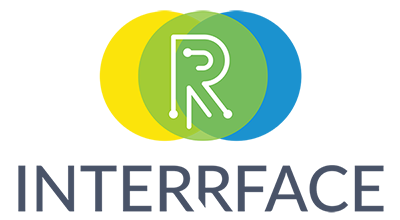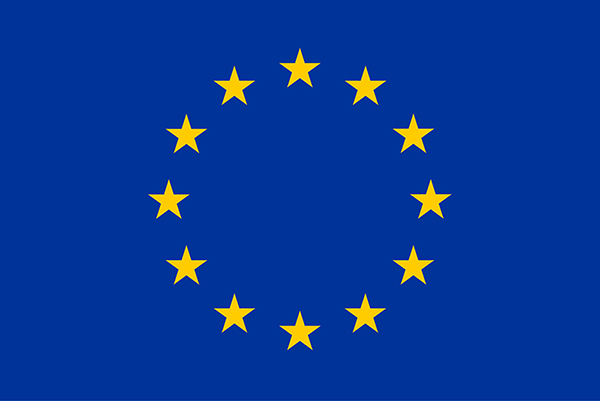Knowledge Graphs (KG) have become very popular in the last three to four years. Various major enterprises are developing KGs, including Google (encyclopaedic content), Amazon (products), Microsoft (people, teams, office docs, tasks, etc), AirBnB (properties and amenities), Uber (trips, riders, foods, etc), Bayer (FAIR scientific data), etc. The Knowledge Graph Conference attracts major interest. The Enterprise Knowledge Graph Foundation was setup to define best practices and mature the KG marketplace. KGs are created through semantic data integration, entity linking, KG embedding and completion and other ML and AI techniques. Entire industries are turning to semantic data integration: pharmaceuticals and life sciences (major initiatives like LinkedLifeData, OpenFacts, BioLink), financial (FIBO), internet of things (WoT TD and SAREF), libraries, construction (IFCowl and LBD), logistics (see ONTO contributions to EPCIS 2.0), etc. Even the European Railway Agency started building a KG: see Roadmap, paper, video.
The electrical industry also uses semantic technologies: a series of standards by EPRI, IEC, and ENTSOE use the Common Information Model (CIM and its extension CGMES), which is based on RDF XML. RDFS ontologies are generated from CIM UML profiles, and there is ongoing work to exchange CIM data in JSON-LD and validate it with SHACL shapes. The EU Single Electricity Market mandates the use of CIM/CGMES data exchanges through the EU Network Codes, and neighbouring countries are joining as well.
ENTSOE has designed the Energy Identification Code (EIC), which is a global identifier of energy resources (objects) and parties (market participants, exchanges, etc); see interactive EIC search, EIC PDF, and EIC XML downloads. EIC is administered in a delegated manner and is also used by ENTSOG (ENTSO for Gas). Other important identifiers are ACER (energy market players), MIC (stock exchanges), LEI (legal entities), GS1 GLN (logistics), VAT.
EU's recent push in Horizon Europe and Digital Europe towards Data Spaces (DS) for industrial data exchange is crucial for industry digitalization and competitiveness, capitalizing on the value of data, applying AI and ML, and realizing the Green Deal. DS are nicely complemented by KGs: semantic metadata is mandated in the GAIAX/IDSA DS reference architecture, and industry DSs (e.g. the upcoming Energy DS) have further semantic elements. But there is a risk that DS will try to use simpler ontologies and exchanges (e.g. SAREF4ENER) than are needed by the specific industry (e.g. CGMES).
For more details, please consult with the project presentation.


 This project has received funding from the European Union’s Horizon 2020 research and innovation programme under grant agreement No 824330
This project has received funding from the European Union’s Horizon 2020 research and innovation programme under grant agreement No 824330